
HSE University Cohosts Virtual THE Young Universities Summit
Several representatives of HSE University took part in the seventh Times Higher Education Young Universities Summit, organized jointly with HSE University on June 22-23 and held entirely online. The Summit focused on the global outlook for higher education and opportunities for new growth for young universities.
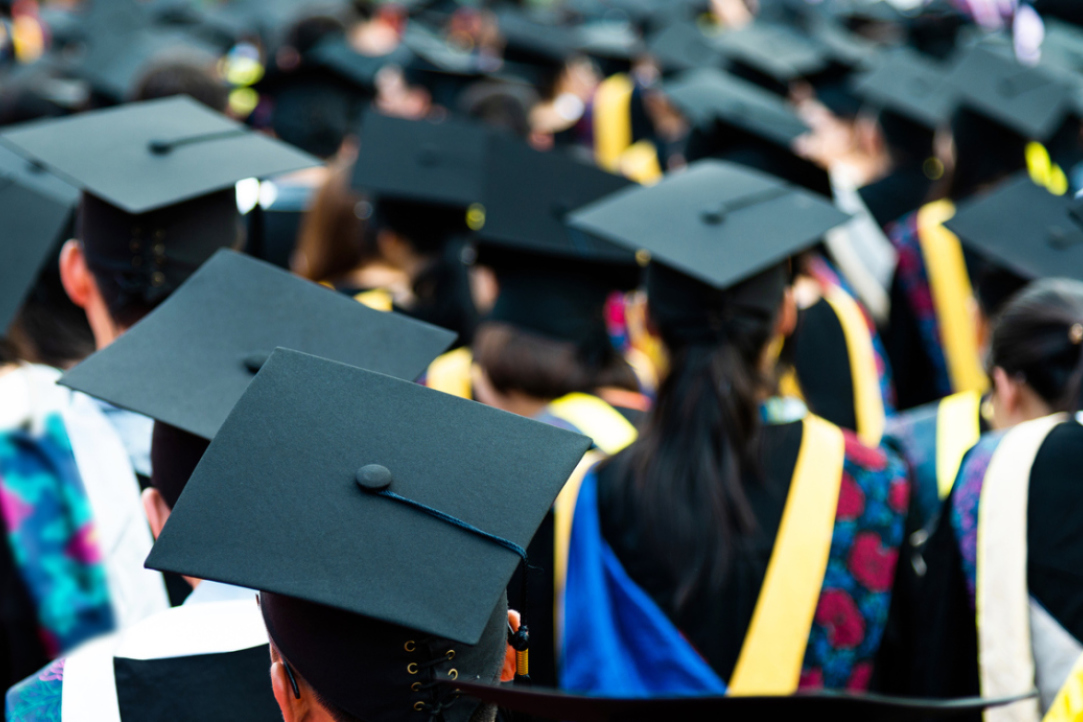
Bachelors Benefit from Shorter Study Duration
Four-year, instead of five-year, degree programmes shave off a year of study, thus saving considerable time and money, and allowing graduates to find employment and build work experience earlier, which eventually translates into a higher salary. This raises the question of whether a fifth year of undergraduate studies brings any returns at all.

HSE University's New Master’s Standard
At the end of 2020, the Academic Council of HSE University approved a new educational standard for Master’s programmes, which expands learners’ options in designing their own educational trajectories. It also places a bigger emphasis on project work. The standard will take effect in the 2021/2022 academic year for 33 participating programmes at the pilot stage.The HSE Look met with Sergey Roshchin, Vice Rector for the University’s degree programmes, and discussed the new measures.
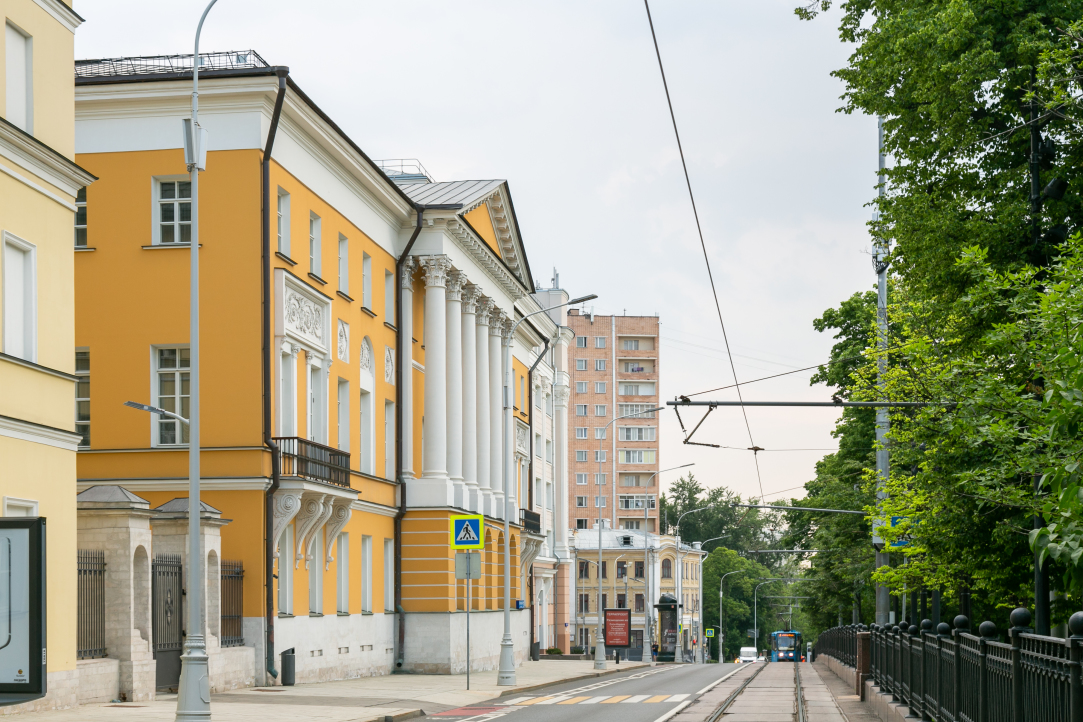
HSE University Tops Forbes Best Russian Universities Ranking Second Year Running
HSE has strengthened its top position and widened its lead over Moscow State University, Moscow Engineering Physics Institute, Moscow Institute of Physics and Technology, and other universities in the Forbes Best Russian Universities Ranking. The main contributors to this advancement, according to Forbes, were the improvement in the average Russian Unified State Exam (USE) score of accepted students, a better faculty-student ratio, and younger staff. This year, HSE University also leads the employer survey.
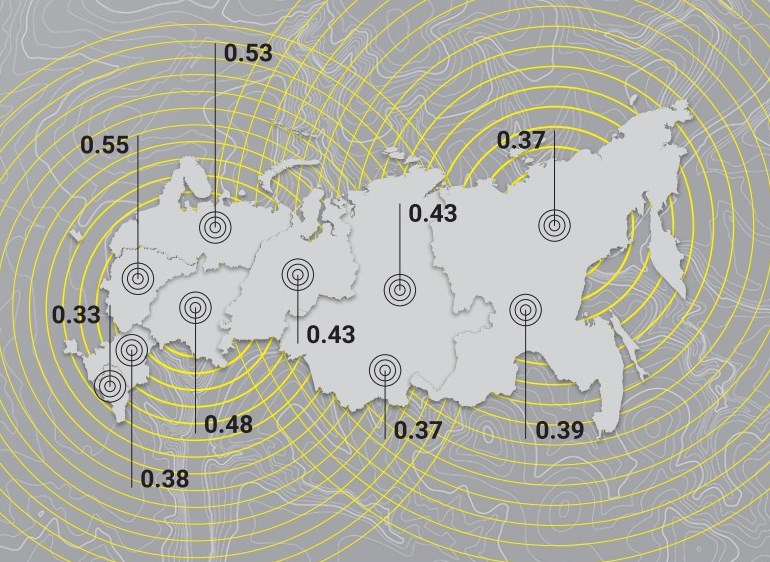
HSE University Publishes Seventh Issue of Russian Regional Innovation Scoreboard
Moscow has kept its leading position on the Russian Innovational Scoreboard. The city demonstrates the highest level of economic, educational, and digital development. Second place goes to Saint Petersburg, and third place goes to the Republic of Tatarstan. The leaders also include the Tomsk Region, the Nizhny Novgorod Region, and the Moscow Region. These are the main results of the seventh issue of the Russian Innovational Scoreboard prepared by the Institute for Statistical Studies and Economics of Knowledge (ISSEK), HSE University.
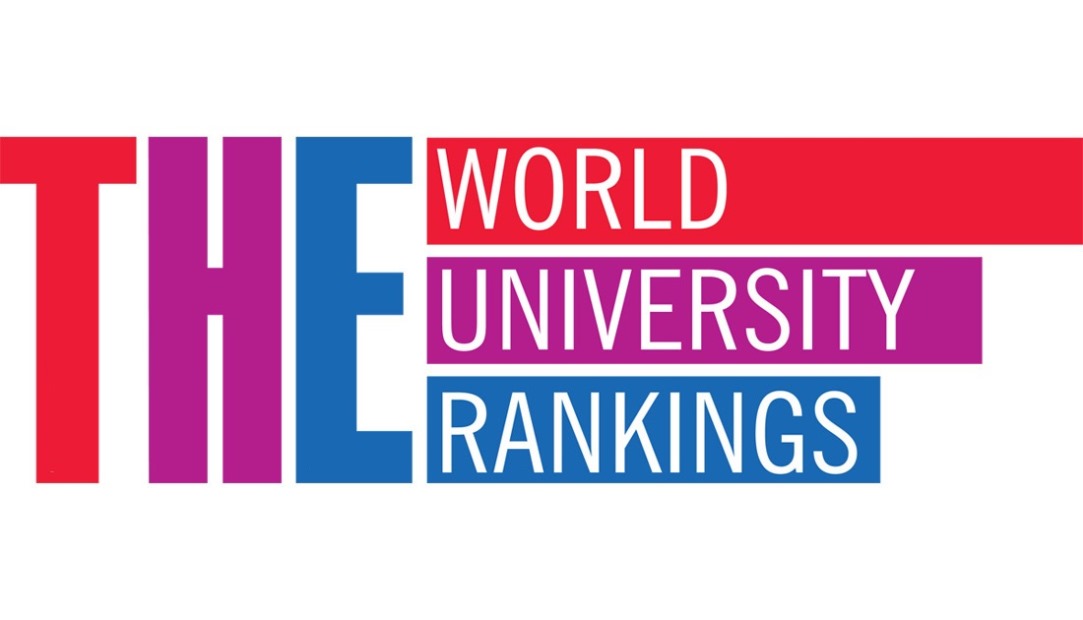
HSE Enters Top 15% of THE Young University Rankings 2021
HSE University has improved its indicators of research, international outlook, and industry income in THE Young University Rankings. HSE University now ranks 57th among 475 international universities and is the only Russian university in the Top 100.
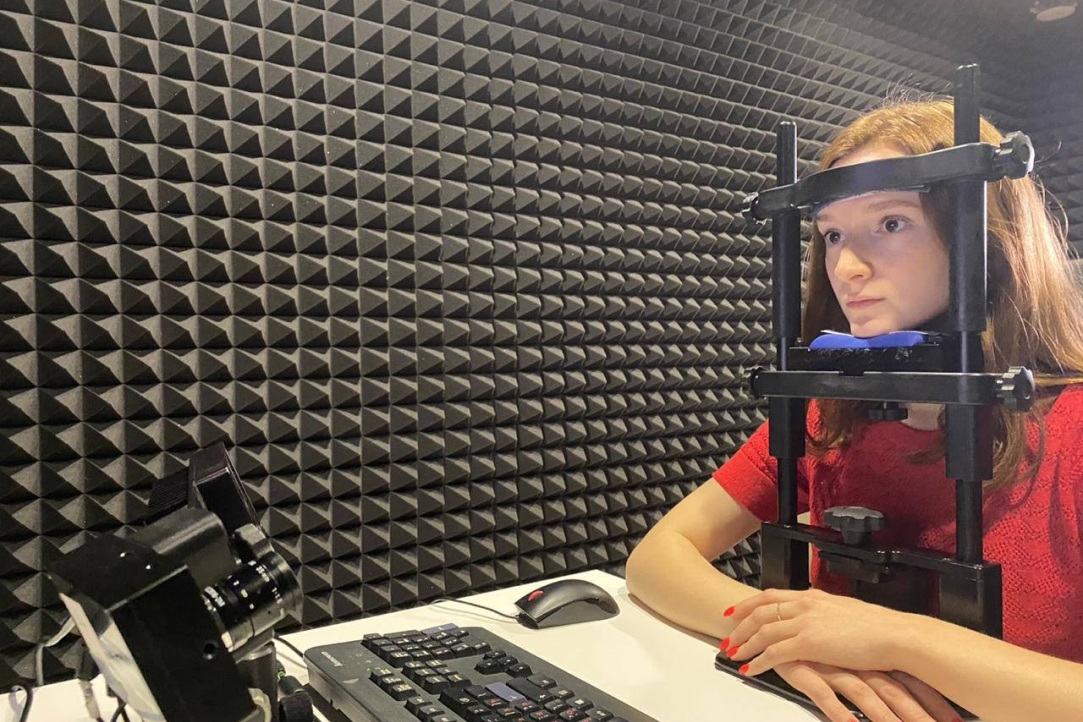
Researchers Outline Specific Patterns in Reading in Russian
Psycholinguists from the HSE Center for Language and Brain, in collaboration with researchers from the City University of New York and the University of Stuttgart, investigated how reading in Russian varies among different groups of readers. The authors used a novel method in bilingualism research — comparison of the eye-movement sequences (scanpaths) in adult native speakers of Russian, Russian-speaking children, and adult bilinguals with different levels of Russian proficiency. The results of the study were published in Reading Research Quarterly.

HSE International Summer University Courses Started June 22
This year, International Summer University is held online for the second time. Eight courses in a variety of disciplines will run from June 20 to August 20. The summer programme brings together students from all over the world, including China, Italy, India, Norway, and other countries. The most popular courses include Politics and Economics of Energy, Challenges to EU-Russia Economic Links and Russian as a Foreign Language. Registration is still open for several courses starting in July.
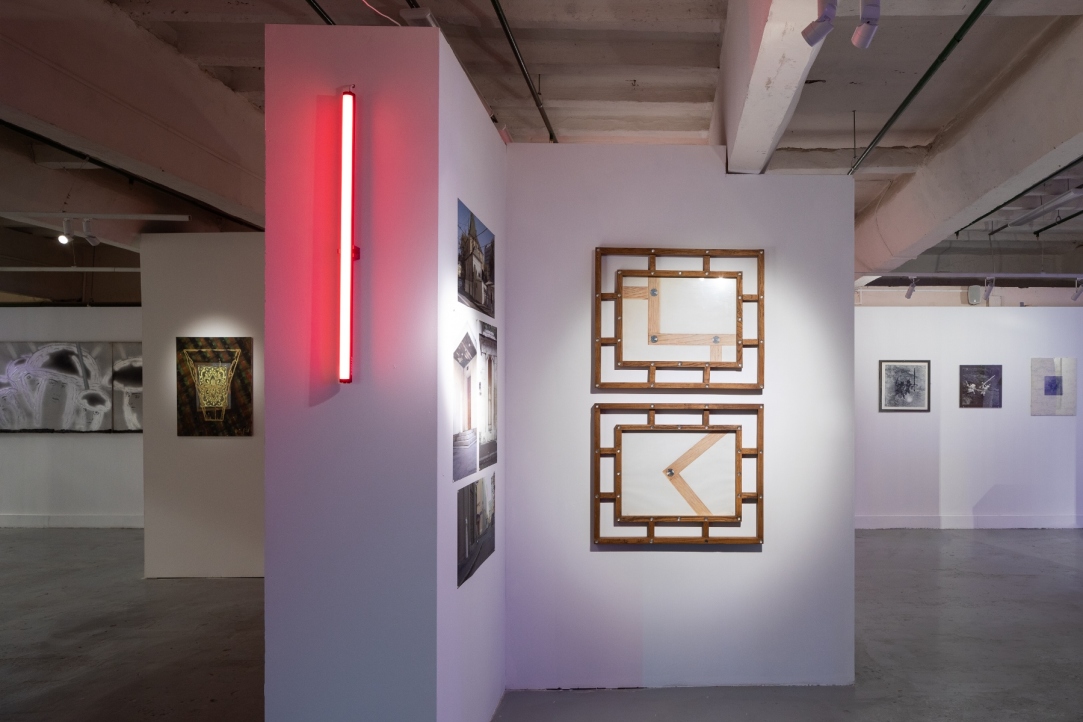
‘Comfort and Reason’: Students of Joint HSE-Garage Museum Master’s Programme Put on First Exhibition
The joint Master's programme of the Garage Museum and HSE University, ‘Curatorial Practices in Contemporary Art’, started in autumn 2019. Two years later, exhibitions prepared by student teams over the course of their studies are opening in Moscow. The first of them, ‘Comfort and Reason. Fragments of Artistic Life in Moscow in the 90s', is now on display at the Museum of Moscow.
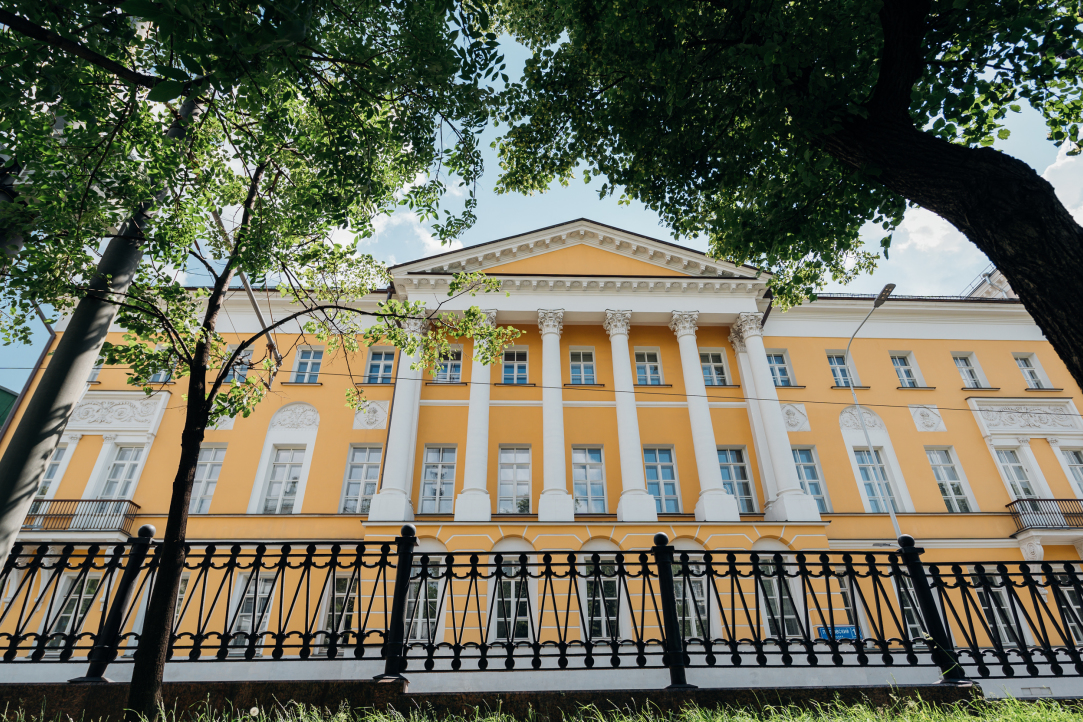
Virtual THE Young Universities Summit Opens on June 22
Phil Baty, Chief Knowledge Officer of Times Higher Education, and Yaroslav Kuzminov, HSE University Rector, delivered opening remarks.


Deadline for submitting applications is November 7, 2025